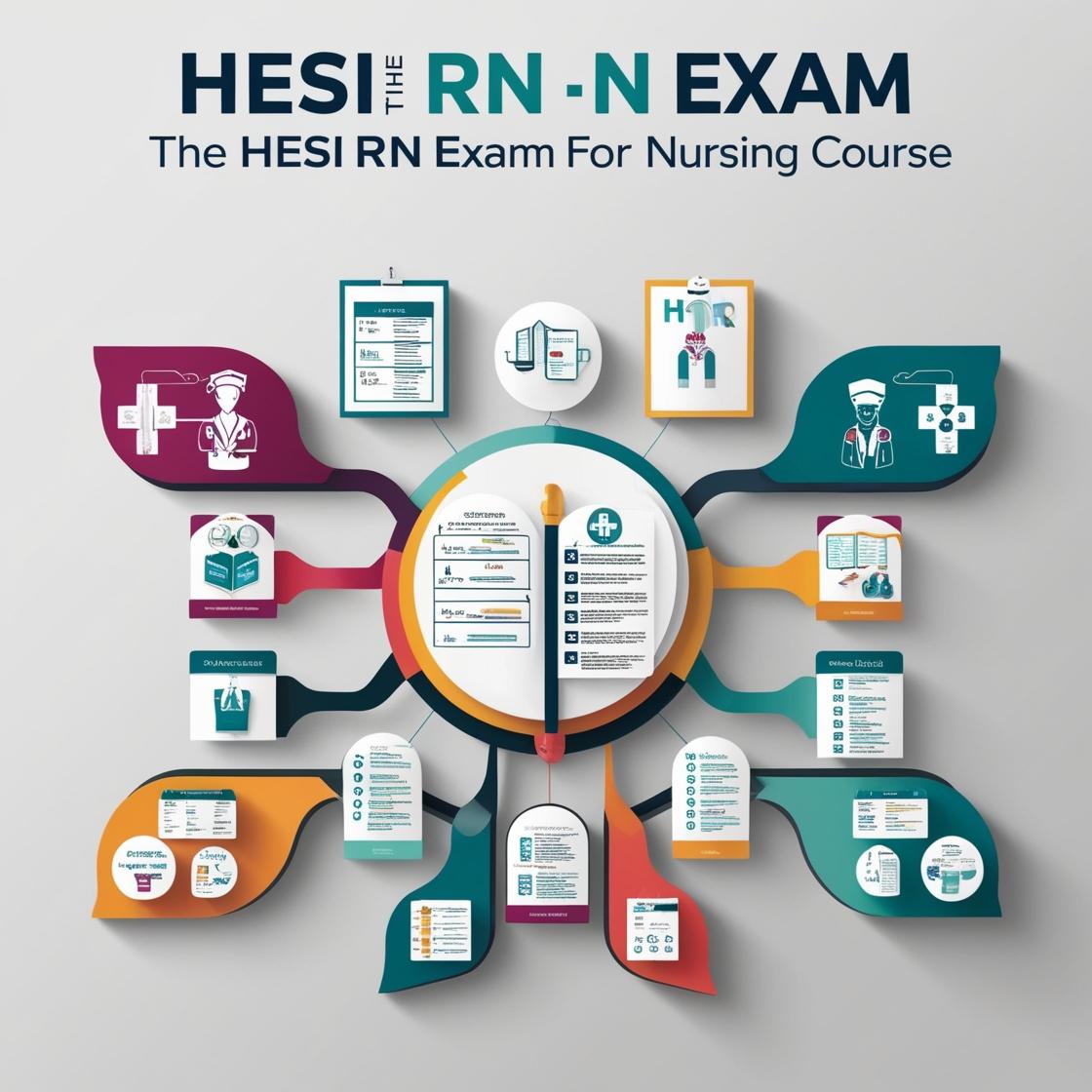HESI RN
HESI Quizlet Fundamentals
1. The healthcare provider is aware that malnutrition is a common problem among clients served by a community health clinic for the homeless. Which laboratory value is the most reliable indicator of chronic protein malnutrition?
- A. Low serum albumin level
- B. Low serum transferrin level
- C. High hemoglobin level
- D. High cholesterol level
Correct answer: A
Rationale: A low serum albumin level is the most reliable indicator of chronic protein malnutrition. Serum albumin levels reflect long-term protein status, and a significantly lowered level usually indicates ongoing protein deficiency. Other laboratory values, such as serum transferrin, hemoglobin, or cholesterol levels, may be affected by various factors and conditions, but serum albumin is a more specific marker for chronic protein malnutrition.
2. Which intervention is most important to include in the plan of care for a client at high risk for the development of postoperative thrombus formation?
- A. Instruct the client in the use of the incentive spirometer.
- B. Elevate the head of the bed during all meals.
- C. Use aseptic technique when changing the dressing.
- D. Encourage frequent ambulation in the hallway.
Correct answer: D
Rationale: Thrombus formation is a risk for clients who are immobile postoperatively. Encouraging frequent ambulation helps to prevent stasis in the lower extremities, reducing the risk of thrombus formation. This intervention promotes circulation and prevents blood clot formation, making it the most important intervention in this situation.
3. When taking a client's blood pressure, the healthcare professional is unable to distinguish the point at which the first sound was heard. What is the best action for the healthcare professional to take?
- A. Deflate the cuff completely and immediately reattempt the reading.
- B. Reinflate the cuff completely and leave it inflated for 90 to 110 seconds before taking the second reading.
- C. Deflate the cuff to zero and wait 30 to 60 seconds before reattempting the reading.
- D. Document the exact level visualized on the sphygmomanometer where the first fluctuation was seen.
Correct answer: C
Rationale: The correct action when unable to distinguish the point of the first sound during blood pressure measurement is to deflate the cuff to zero and wait 30 to 60 seconds before reattempting the reading. This allows blood flow to return to the extremity, ensuring a more accurate reading the second time. It is important to ensure that the cuff is fully deflated and the appropriate wait time is given to obtain an accurate blood pressure measurement.
4. Which client is most likely to be at risk for spiritual distress?
- A. Roman Catholic woman considering an abortion
- B. Jewish man considering hospice care for his wife
- C. Seventh-day Adventist in need of a blood transfusion
- D. Muslim man in need of a total knee replacement
Correct answer: A
Rationale: The correct answer is A. In Roman Catholicism, abortion is strictly prohibited, so a Roman Catholic woman considering this procedure may experience spiritual distress due to conflicts with her religious beliefs. This conflict can lead to emotional and psychological turmoil, affecting her spiritual well-being. It is essential for healthcare providers to recognize and address such conflicts with sensitivity and understanding to provide holistic care.
5. The client with cholecystitis is being instructed on dietary choices. Which meal best meets the dietary needs of this client?
- A. Steak, baked beans, and a salad
- B. Broiled fish, green beans, and an apple
- C. Pork chops, macaroni and cheese, and grapes
- D. Avocado salad, milk, and angel food cake
Correct answer: B
Rationale: Cholecystitis requires a low-fat diet to reduce stress on the gallbladder. The meal of broiled fish, green beans, and an apple aligns with this dietary recommendation by providing lean protein and low-fat, high-fiber foods that are easier for the body to digest, making it the most suitable choice for a client with cholecystitis.

Access More Features
HESI RN Basic
$69.99/ 30 days
- 50,000 Questions with answers
- All HESI courses Coverage
- 30 days access
HESI RN Premium
$149.99/ 90 days
- 50,000 Questions with answers
- All HESI courses Coverage
- 90 days access
